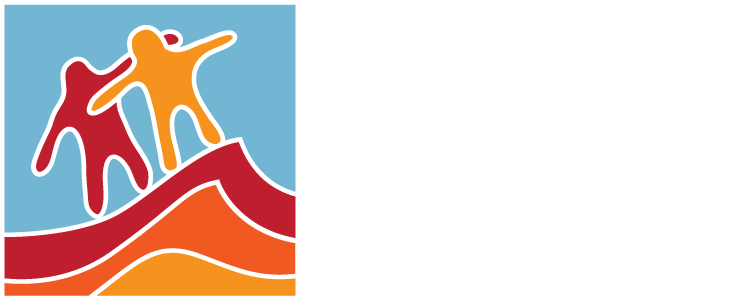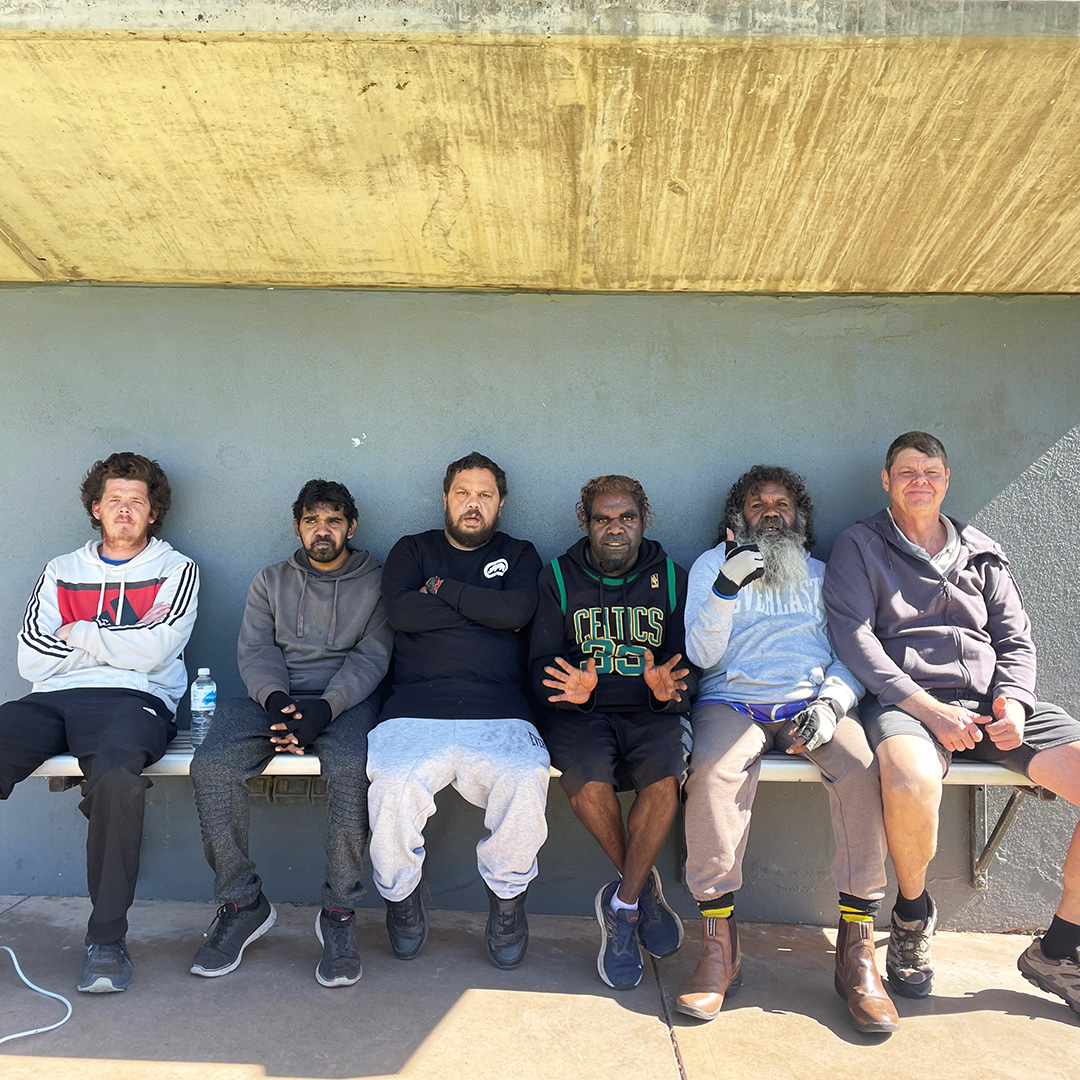Highlights in May include Footy 4 Life on Wednesdays, Pickleball every Thursday, the Central Australia Women Legal Service’s (CAWLS) legal information session on Thursday 123 May and Schizophrenia Awareness Day on Friday 24 May.
Weekend activities include Lawn Bowls, Cinema, Ten Pin Bowling and a picnic at Telegraph Station.
Download or view the May Group Activities Calendar.
Call 08 89504600 or email info@mhaca.org.au to inquire about group activities for people living with mental health challenges.
Email intake@mhaca.org.au to enquire about an intake interview, or download the MHACA referral form.
MHACA can also provide individual support and is a registered NDIS provider.
In addition to structured activities, a Drop-in Centre is open Monday 8.30am – 1.30pm, Tuesday – Friday from 8.30am to 3.00pm.
The Drop-in Centre is a welcoming space where people can connect with others and participate in activities. It provides:
- a comfy lounge area
- kitchen facilities
- computers with internet access
- activities such as board games and craft
- musical instruments
- laundry and bathroom facilities.


